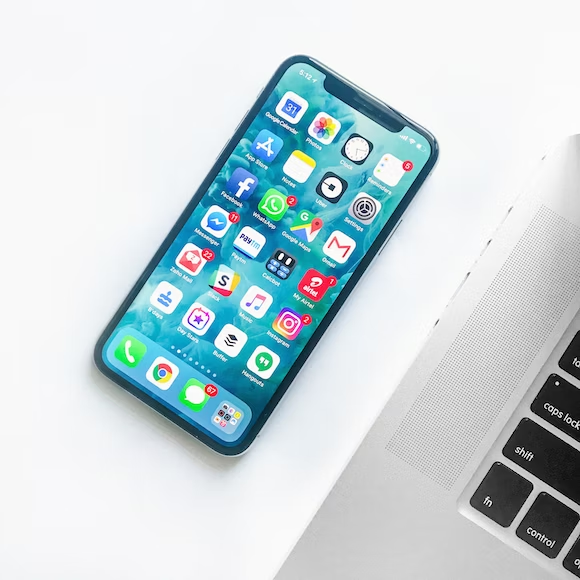Essential Tips to Protect Your iPhone from Viruses and Malware
Introduction
In the digital age, mobile devices like iPhones have become an integral part of our lives, storing a vast amount of personal and sensitive information. Protecting your iPhone from viruses and malware is crucial to safeguard your data and ensure the smooth functioning of your device. This blog will provide you with valuable tips and best practices to keep your iPhone secure from potential threats.
1. Keep Your Software Updated
One of the fundamental steps in protecting your iPhone from viruses is to keep the software updated. Apple regularly releases software updates that include security patches and bug fixes. These updates address vulnerabilities and enhance the overall security of your device. To ensure you’re running the latest version of iOS, go to Settings > General > Software Update and install any available updates.
2. Download Apps from Trusted Sources
Be cautious when downloading apps on your iPhone. Stick to the official App Store, as Apple has stringent measures in place to vet and verify the apps available on their platform. Avoid downloading apps from third-party sources, as they may contain malicious code or malware that can compromise your device’s security. Additionally, read user reviews and check app ratings before installing any application.
3. Enable Two-Factor Authentication
Enabling two-factor authentication adds an extra layer of security to your iPhone. This feature requires you to provide an additional verification code, typically sent to your trusted device or phone number, when logging in to your Apple ID or making purchases. By enabling two-factor authentication, even if someone manages to obtain your password, they won’t be able to access your account without the secondary verification code.
4. Be Wary of Phishing Attempts
Phishing is a common technique used by cybercriminals to trick users into revealing their personal information. Be cautious of suspicious emails, messages, or pop-up windows that ask for sensitive information or urge you to click on unknown links. Legitimate organizations will never ask for sensitive data through such channels. If you receive any suspicious messages, avoid interacting with them and delete them immediately.
5. Install a Reliable Security App
Consider installing a reputable security app from the App Store that offers additional protection against viruses, malware, and other potential threats. These apps can scan your device for malicious software, provide real-time monitoring, and offer advanced features like anti-theft measures. Look for well-established security apps with positive user reviews and regular updates.
6. Regularly Back Up Your Data
Backing up your iPhone regularly is essential to safeguard your data in case of any unforeseen circumstances. Use iCloud or iTunes to create backups of your device, ensuring that all your important photos, contacts, messages, and other data are securely stored. In the event of a virus or malware attack, you can restore your iPhone to a previous clean backup and minimize data loss.
Conclusion
Securing your iPhone from viruses and malware is crucial for protecting your personal information and ensuring a smooth user experience. By following these essential tips, such as keeping your software updated, downloading apps from trusted sources, enabling two-factor authentication, being wary of phishing attempts, installing a reliable security app, and regularly backing up your data, you can significantly enhance the security of your iPhone and reduce the risk of falling victim to cyber threats. Stay vigilant, practice good digital hygiene, and enjoy a safe and secure iPhone experience.
